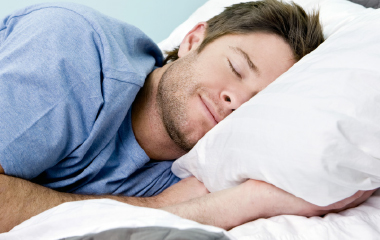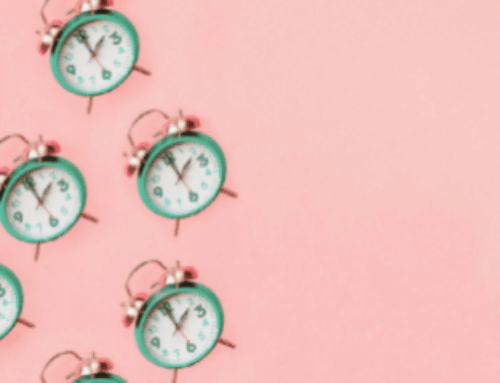For many, the dark, cold winter months are a time to catch up on sleep. According to a recent American Academy of Sleep Medicine (AASM) survey, 34% percent of U.S. adults report sleeping more in winter, compared to 10% who sleep less than usual. This is a near reversal from the brighter, more activity-filled months of summer, during which 36% of those surveyed said they sleep less than usual, while 9% sleep more.
“The shorter days during the winter create a great, natural opportunity to spend more time sleeping,” said AASM President Dr. Kelly A. Carden. “Getting quality sleep of adequate duration can improve physical and mental health, overall performance and mitigate safety risks.”
The AASM provides the following tips to get healthy sleep this winter and beyond:
- Set a bedtime that allows enough sleep, using the AASM online bedtime calculator, which determines a customized bedtime based on age and wake time needed. While individual sleep needs vary, it should be a priority to get enough sleep to wake up feeling refreshed and alert.
- Avoid binging on entertainment activities before bed, especially those involving screens or electronics. Too much exposure to light at night can disrupt the timing of the sleep cycle. Additionally, prioritizing entertainment instead of sleep can cause feelings of guilt or frustration, which might make it harder to fall asleep.
- Don’t have caffeine after lunch and avoid alcohol near bedtime, as both can disrupt sleep.
- Practice rituals that help you relax before bed, such as taking a warm bath, drinking tea, journaling or meditating.
- Create a comfortable bedroom environment. Make your bedroom quiet, dark and a little bit cool — it should remind you of a cave.
The seasonal change is also an excellent reminder to commit to talking to a medical provider about any ongoing sleep problems. For more healthy sleep tips, go to www.sleepeducation.org.





